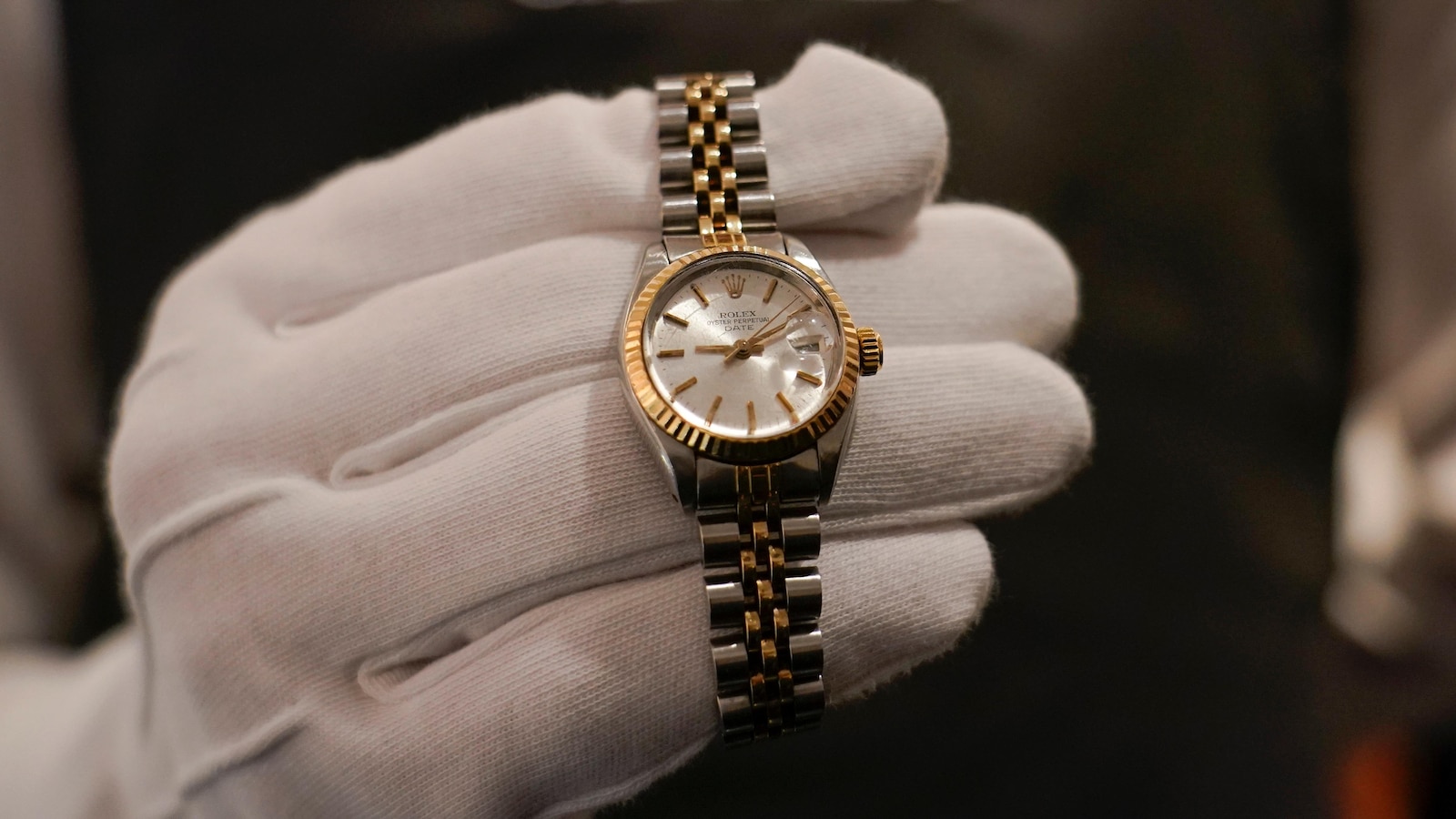Jury Selection Completed for Trial Involving Handwritten Wills of Singer Aretha Franklin
Jury selection has been completed for the highly anticipated trial involving the handwritten wills of the late legendary singer, Aretha Franklin. The trial, set to begin next week, will determine the validity of the wills and settle the ongoing dispute among Franklin’s family members.
Aretha Franklin, known as the Queen of Soul, passed away in August 2018 at the age of 76. She left behind a vast musical legacy and an estate estimated to be worth around $80 million. However, her death also brought to light three handwritten wills that were discovered in her home.
The first two wills were found in a locked cabinet, while the third was discovered under cushions in the living room. These wills have become the center of a legal battle between Franklin’s four sons, Clarence, Edward, Ted White Jr., and Kecalf, and her niece, Sabrina Owens, who is also the executor of her estate.
The handwritten wills raise questions about their validity and whether they accurately represent Franklin’s final wishes. The family members have differing opinions on which will should be considered legally binding. The trial aims to resolve this dispute and provide clarity on how Franklin’s estate should be distributed.
The jury selection process was crucial in ensuring a fair and impartial trial. Potential jurors were asked a series of questions to determine their suitability for the case. The court sought individuals who had no personal or financial interest in the outcome and who could objectively evaluate the evidence presented.
The trial is expected to delve into the authenticity of the handwritten wills and whether they meet the legal requirements for a valid will. Handwritten wills, also known as holographic wills, can be valid if they meet specific criteria, such as being entirely in the testator’s handwriting and signed by them.
Legal experts anticipate that handwriting experts and witnesses close to Franklin will play a significant role in the trial. They will analyze the handwriting and signatures on the wills, as well as provide insight into Franklin’s intentions and mental state at the time of writing.
The outcome of this trial will have far-reaching implications for Franklin’s family and her estate. If the court deems one of the handwritten wills valid, it will determine how her assets, including her music catalog and properties, will be distributed among her heirs. However, if none of the wills are deemed valid, Franklin’s estate will be subject to Michigan’s intestate laws, which may distribute her assets differently than she intended.
The trial is expected to be closely watched by legal experts and fans of Aretha Franklin alike. It highlights the importance of proper estate planning and the potential complications that can arise when a celebrity or individual with significant assets passes away without a clear and legally binding will.
As the trial commences, both sides will present their arguments and evidence to the jury. The jury’s decision will ultimately determine the fate of Aretha Franklin’s estate and provide closure to her family members who have been embroiled in this legal battle for nearly three years.
In conclusion, the completion of jury selection marks a significant milestone in the trial involving the handwritten wills of Aretha Franklin. The trial will not only determine the validity of these wills but also shed light on the final wishes of one of music’s greatest icons. As the proceedings unfold, the world awaits the jury’s decision, which will shape the future of Franklin’s estate and provide closure to her loved ones.



